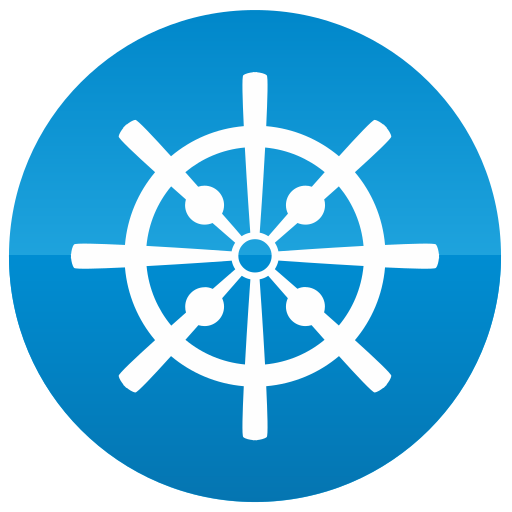Choosing the right yacht broker is a crucial decision for anyone looking to buy, sell, or charter a yacht. A yacht broker acts as an intermediary between buyers and sellers, guiding the negotiation process, offering market insights, and facilitating transactions. Their expertise can significantly influence the yacht buying or selling experience, making it essential to select a reputable and knowledgeable broker. Here are key factors to consider when choosing the right yacht broker.
Experience and Reputation
One of the first factors to consider is the broker’s experience in the yachting industry. A broker with a long-standing presence will typically have developed significant industry contacts and a deep understanding of market dynamics. It’s beneficial to research their background, including how long they have been in business, the types of yachts they specialize in, and their overall performance in the market.
Reputation can often be assessed through client testimonials and reviews. Look for brokers who have a portfolio of satisfied clients and strong relationships within the yachting community. Engage with other yacht owners, attend boat shows, and participate in forum discussions to gather insights about potential brokers.
Licensing and Credentials
Ensuring that a yacht broker holds the necessary licenses and credentials is vital. In many jurisdictions, yacht brokers are required to possess specific licenses that demonstrate their understanding of maritime laws and practices. This legal standing helps protect both the buyer and seller during transactions. You may also consider certifications such as the Association of Yacht Professionals (AYP) or the Yacht Brokers Association of America (YBAA), which can serve as indicators of credibility in the industry.
Specialization
Yachts come in various types and classes, from sailing boats to motor yachts and everything in between. Finding a broker who specializes in the specific type of yacht you are interested in can be advantageous. A specialized broker will have a better grasp of the nuances associated with the type of yacht you are interested in, be it performance characteristics, market valuation, and maintenance requirements. They will also likely have access to a broader selection of similar yachts.
Market Knowledge
A competent yacht broker should have extensive market knowledge, providing insights into current trends, pricing, and availability. They need to stay updated on market fluctuations and understand where your investment potential lies. You may benefit from a broker who can provide data, such as:
- Recent sales of comparable yachts
- Market activity in particular regions or brands
- Seasonal trends affecting buying or selling
This type of insight can help you make informed decisions and negotiate better deals.
Communication Skills and Personal Rapport
Effective communication is crucial in any business relationship, especially in the yacht brokerage industry. A broker should be able to articulate their thoughts clearly, listen, and tailor their approach based on your needs. Your comfort level with your broker can impact the entire process; therefore, establishing a personal rapport is beneficial. Trust your instincts and ensure that your broker not only understands the technical aspects but also respects your preferences and concerns.
Network and Connections
A robust professional network can significantly enhance a broker’s value. Brokers with strong relationships with yacht builders, technicians, shipping companies, and potential buyers or sellers can leverage these connections to facilitate smoother transactions. When assessing a broker, inquire about their network and how they can utilize those connections to benefit you.
Service and Support
The level of service a broker offers is also critical. This includes their willingness to go above and beyond, such as providing additional resources, assisting with financing options, coordinating surveys and inspections, and offering after-sale support. Engaging with a proactive and supportive broker can alleviate many of the stresses associated with the buying or selling process.
Transparency and Fees
Understanding the fee structure is crucial before engaging a broker’s services. Brokers typically charge a commission based on the sale price of the yacht, which can vary greatly among brokers. It’s essential to have a clear understanding of what you are paying for and any additional costs that may arise. Engage in transparent discussions to avoid unforeseen expenses and ensure that both parties are on the same page regarding fees.
Conclusion
Choosing the right yacht broker is a vital step in your yacht ownership journey, whether you’re buying, selling, or chartering. Prioritize experience and reputation, verify licensing, assess specialization and market knowledge, and ensure open communication and a solid network. By taking the time to thoroughly vet potential brokers, you set the stage for a successful and satisfying yachting experience.
